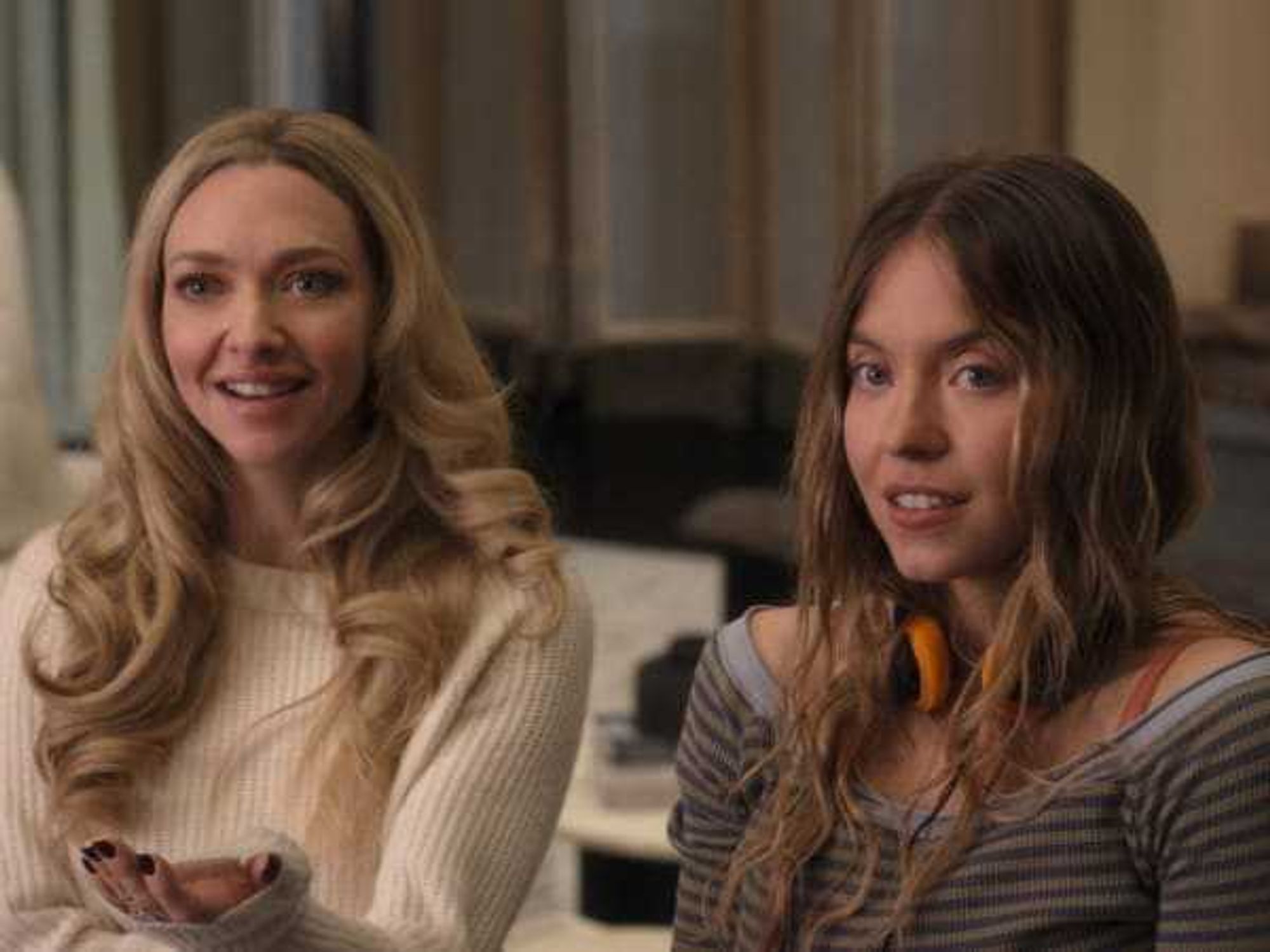Book is surprisingly blunt and funny
They don't make politicians like Bill Hobby anymore — and that's too darn bad

In her introduction to How Things Really Work: Lessons from a Life in Politics, by Bill Hobby, Saralee Tiede calls Hobby an “improbable politician” who isn’t a good public speaker, doesn’t like small talk, and despite a career in newspapers, “gave a terrible interview.”
Tiede ought to know. She covered the former lieutenant governor of Texas when she was bureau chief of the Fort Worth Star-Telegram and left her reporting job to become his aide. Now she has co-authored this new book, which is full of basic facts every Texan should know, and surprisingly blunt and funny.
One of the amusing stories in the 214-page book, published by the Dolph Briscoe Center for American History in Austin, is about how “the ladies of the Chicken Ranch” helped him get elected in his first campaign in 1972. Hobby was a friend of popular Fayette County sheriff Jim Flournoy of Best Little Whorehouse in Texas fame, he writes, and Flournoy “had the ladies . . . address postcards endorsing me.”
Hobby,who served a record 18 years in office, from 1973-1991, also tells funny stories about LBJ, Marvin Zindler (who was a Houston reporter before he became a flamboyant television personality), and various politicians in Austin. But his book is also a serious look at issues he focused on as lieutenant governor, including education, prisons and how to pay for state government.
And he had good political models: His father, William P. Hobby Sr., had been both lieutenant governor and governor of the state before the author was born (in 1932); his mother, Oveta Culp Hobby, was parliamentarian of the Texas House from 1925 through 1931 and was President Eisenhower’s choice as the first secretary of Health, Education and Welfare from 1953-55. She was also publisher of the defunct Houston Post during most of my reporting days at the paper, and a formidable presence in the newsroom. (One of the wonderful photos in the book includes one of Ms. Hobby with her family in 1941 looking demure and domestic, neither of which quality we who worked for her had ever observed.)
Bill had covered the police beat during his senior year at Rice — the Hobbys owned the paper for many years — and eventually became president before the family sold it in 1983. But during his years in Austin, Post reporters in Houston, at least in the feature department where I worked, had little contact with him and seldom saw him. Unlike so many colorful Texas politicians, he thought he could accomplish more by quietly working behind the scenes.
One of the most interesting chapters in his book is about the Texas Capitol building, the largest state capitol in the country and taller than the U.S. Capitol. During Hobby’s time in office, the building had apartments for the Speaker of the House and the lieutenant governor, though Hobby and his wife Diana didn’t live there. But they often allowed guests to stay, and one night a fire broke out in the apartment, killing one guest and almost destroying the building. Hobby would later oversee the capitol makeover, long overdue in what was an old building showing its age.
My eyes glazed over in some of the other chapters, including one on “How the Texas Senate Works,” but the book contains a wealth of information for political junkies.
With so much of Texas now solidly Republican, for instance, it’s hard to remember that it was pretty much a one-party state when Hobby was in office, as he reminds us: “Liberal Democrats and conservative Democrats duked it out, but they were all members of the same party.”
He also reminds us why we’ll never have an income tax in Texas: The state constitution requires that any such legislative measure be approved by the voters.
And Hobby doesn’t mince words about a few of his fellow politicians, including Tom DeLay, who “was not only one of the most abusive majority leaders of the U.S. House in history, he was also one of the most corrupt.”
The late Ann Richards, on the other hand, he called “one of my greatest friends – and worst critics.” They first met when Richards was a member of Rep. Sarah Weddington’s staff, and she would eventually pay him the ultimate compliment.
“Of all the people I’ve known that have brought about change in Texas,” she said when she was governor, “Bill Hobby has been the most effective.”

